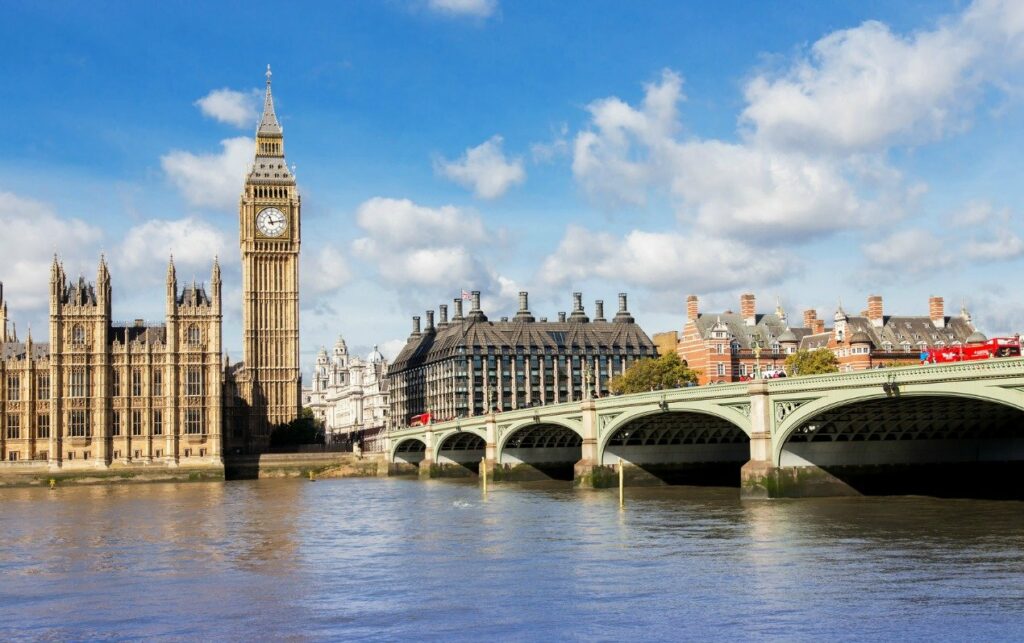In anticipation of the inevitable headlines reacting in astonishment to the inevitable summertime heatwaves as if we never used to have them, it is good to remember, first, that Canadians have learned to live with the widest range of temperature extremes the planet has to offer, and second, that extreme cold is, overall, deadlier than extreme heat. If we are in for warming, and as noted the data does not show an increase in heat waves in Canada, the reduction in mortality risk due to reduced extreme cold episodes more than offsets the increased mortality risk from extreme hot weather episodes.
The most detailed studies comparing cold-versus-hot weather risk are from the US. A few years ago (h/t CO2Science.org) the US Centers for Disease Control (CDC) reported that when they tallied up mortality due to weather extremes, cold events were implicated in 63% of deaths while warm events were implicated in only 31% (the remainder were due to floods, storms or lightning). The Washington Post, ever mindful of the need for balance on climate reporting, but only when the facts go against the alarmist cause, managed to spin it as somehow controversial.
The Post's spin took the form of arguing that if you ignore the deaths due to the secondary effects of cold weather, such as snow- and ice-induced traffic fatalities, and just look at direct temperature exposure, heat is deadlier than cold. (Although either way, the combination of old age and poverty makes the risk of weather extremes much higher.) But in defence of the CDC's conclusion, the only reason we get more hazardous living conditions for half the year is that the weather gets colder and the snow and ice build up, so it's hardly logical to say it's not caused by cold weather. One would hardly exclude deaths by drowning from the hazards of shipwrecks.
Another piece of evidence came in a 2018 study (again h/t to CO2science.org) that looked at 50 US metropolitan areas over the interval from 1975 to 2004. The deadliest weather took the form of cold weather episodes lasting 2 days or less early in the winter. When looking at short-duration episodes mortality due to both moderate cold and extreme cold far exceeded that due to moderate and extreme heat, when the episode occurred early in the season. For long-duration episodes cold and heat had about the same, but lower, risk levels. And, interestingly, neither type of extreme had much effect on mortality late in the season, indicating that people eventually get around to adapting to the season and protecting themselves.
So putting the pieces together, yes extreme heat can be deadly, especially for the elderly. People who are financially better off are at less risk (so policies that boost the cost of electricity and make air conditioning more expensive make things worse). But cold weather is also deadly, and when we take account of the direct and indirect effects it is much deadlier than heat. And people adapt to the weather, and when they do, the risks decline substantially.
If some enterprising politician wants to decrease the risk of dying due to bad weather, let them make a priority of keeping energy inexpensive and not asking us to believe that warming is unequivocally bad.


